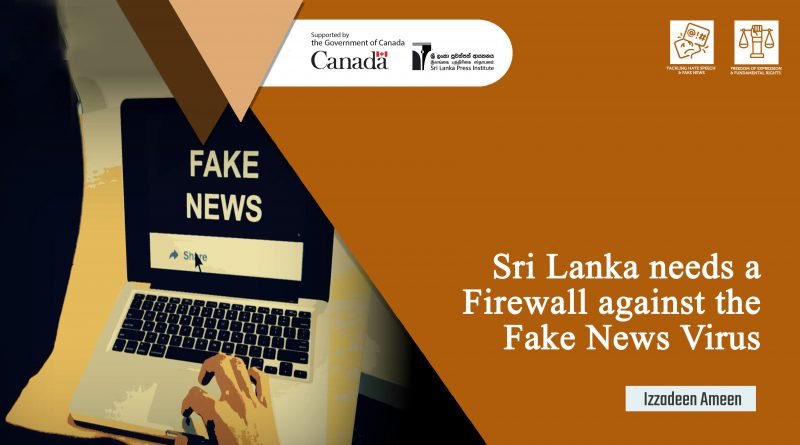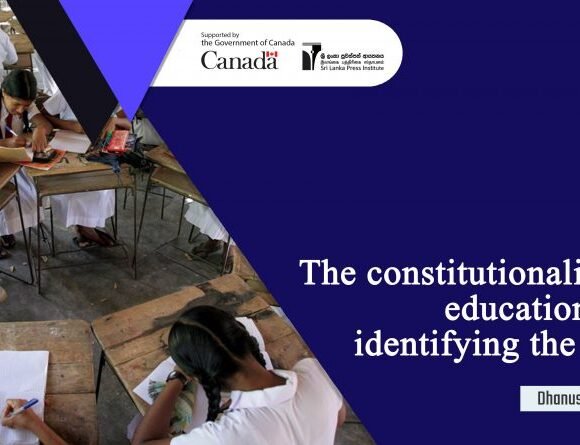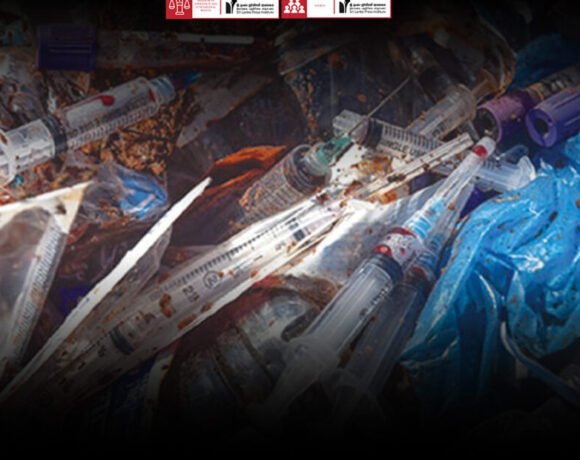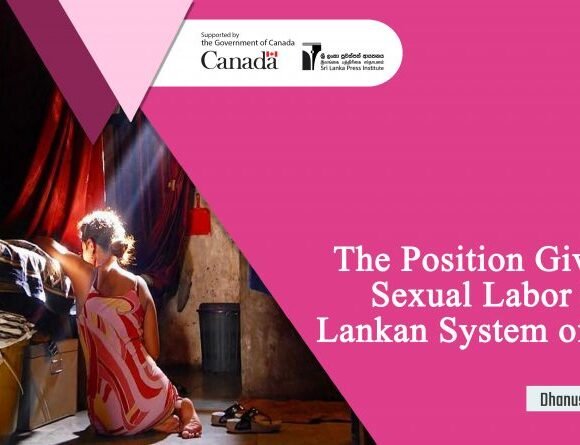Izzadeen Ameen
“He speaks in accents familiar to his victims, wears their face and their arguments, rots the soul of a nation, and infects the body politic so that it can no longer resist.’’– Cicero, 2000 years ago, on the dissemination of fake news.”
++++
It is said that in journalism, dogs do not bite dogs, meaning that journalists desist from criticizing one another. But, what if there is a rabid dog among us? Are we to put up with it, or take immediate measures to protect ourselves?
Sadly, in Sri Lanka, we seem to prefer the first option. We appear to show little interest to create a mechanism that identifies and isolates the rabid among us so that the noble vocation of journalism could remain uncontaminated. Who is more rabid than those who spread racist hate-speech related journalism that thrives on fake news? A case in point is an issue arising out of the front-page story in a popular Sri Lankan newspaper. The story claimed that a Muslim doctor had deliberately damaged the fallopian tubes of Sinhala women during caesarian deliveries as part of a sinister move to make them infertile.
Needless to say, the story created a major controversy in Sri Lanka, although journalists worth their salt knew it to be fake news aimed at whipping up more hatred against Muslims in the aftermath of the Easter Sunday attacks on churches and hotels in 2019. The newspaper concerned carried out a vicious hate-speech campaign to vilify the doctor in the centre of the controversy, instead of carrying out a correction. It was also emboldened by the unwillingness of industry-based groups to condemn such fake news, although civil society and free media rights activists had called for strong action against the publication.
One positive development to emerge from what could be seen as a dark chapter in Sri Lanka’s journalism history is that the controversy brought out the need for vigorous fact-checks and a mechanism to warn news consumers about media groups that resort to fake news.
It is high time Sri Lanka adopted a mechanism similar to the one Microsoft’s browser Edge implements. Its NewGuard plug-in carries a ‘Proceed with Caution’ tag to warn visitors to websites that resort to sensationalism or fake news.
We badly need a firewall to protect the people from the fake news virus.









